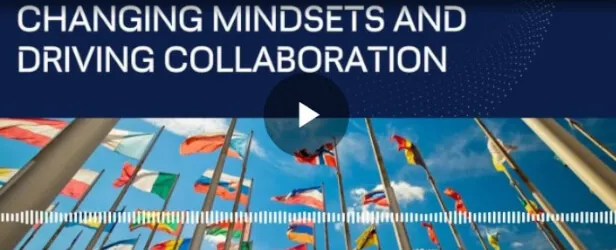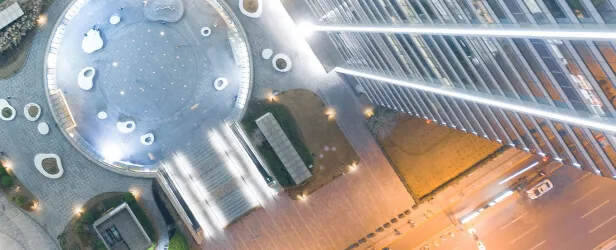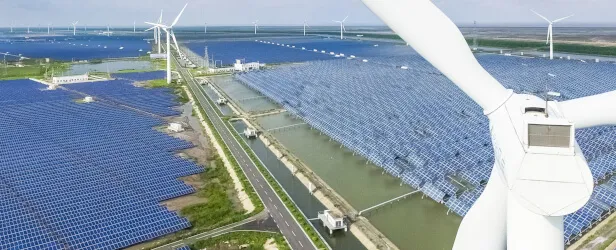DITLEV ENGEL Well, first and foremost, we need to look at what is the total amount of money that we spend in the world on energy, and basically today we spend about 3.5% of global GDP on energy, seen from a society point of view. Now, on the energy transition that we forecast at DNV, we think this will fall down to 1.5/1.6% of global GDP, and the reason for that is that technology will keep on giving us so much more, constantly going forward. We keep getting more for every dollar or euro that we invest, and that is important to be mindful of. So, it is affordable, and we also see that even when we talk about the pathway to net zero where we need to be even faster, we will spend less, just above 2% of global GDP by doing that. So, we can afford to do so, seen from let’s say, governments and the total world economic point of view. Now, how does that translate into the cost of the single consumer? Well, we have to be mindful of that we need to scale up a lot of things and we need to think differently of how we pay for things. Because we also need to pay for things that we need to scale down, and that is the role that governments have to put in place and think differently about the cost and the investment. So, we need to do a lot of investments upfront that we will benefit from later on as we will see that we get more out of each dollar that we invest now. Now, for the individual consumer that is, of course, something where governments needs to find the right balance in this transition, so they make it just. And, again, this means that we need to measure things in a different way instead of like we always talk, for instance, about the cost per kilowatt hour. We need to understand that if we invest now, it will become much cheaper in the future. And that is how we have to think about it. We have seen that, for instance, when we invest into the scaling of wind. In the beginning we paid a lot to pay for, for instance, offshore wind but as we invest into that, we have seen over the last 20 years that the cost has come down significantly and now today there are no need for governments to support this financially. So, we have to understand that we need to invest upfront. We will then get the benefits later on. And let me then just add as well that the cost of climate change is very, very high. So, the consumer will pay a significant amount, and so will societies, if we do not get this addressed. So, therefore, we have to remember that the cost of climate change is a very, very high cost that needs to be factored in as well. I think it’s very exciting what’s happening with Fortescue Future Industries. One of my takeaways, and we will talk about a little later, from COP26, is that the future is very much about scaling, it’s very much about speed, and it’s very much about system thinking. And when I listen to the plans that you have at Fortescue Future Industries, it sounds that scaling, speed and systems is exactly what is being addressed here. From our experience at DNV, we see that many corporations are working very hard to change the mindset and the culture. So, I would be very curious to know from you, how does that actually happen at Fortescue?


